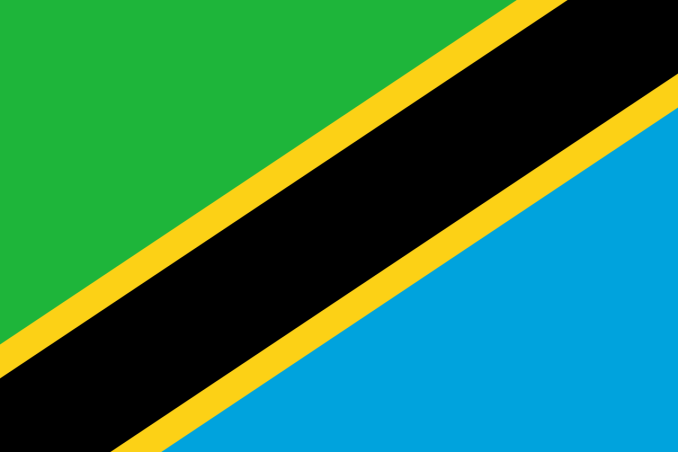Tanzania:Mobile Money success means more people ‘banked’ now

IN rural parts of the developing world, relying on cash adds to the cost of being poor. It means having to hide money from your friends and family so they can’t misspend it. Other times, it might mean having to carry large amounts of cash on public transportation for business or when someone needs to borrow it.
This is not only risky, it also means having to take days away from your livelihood. Paying for services in cash always requires you to travel, often asks that you wait in long lines and rarely leaves you with recourse in the event of fraud.
Having cash saved at home requires extraordinary discipline in order to save for things beyond daily needs. Reliance on cash is one reason that it can be difficult and expensive to be poor. The potential impact that digital financial services offer millions of Tanzanians without a bank account is staggering. Branchless banks that rely on a distributed network of agents and ATMs are closer to customers than ever before in history.
Digital financial services like mobile banking are often insured against fraud or loss and accessible by cell phone. Mobile banking products, like seen in the National Financial Education Framework(2016-2020) launched in Dar es salaam recently by the Financial Sector Deepening Trust and Bank of Tanzania, mean that customers can send money to a sick family member, pay for electricity or top-up their cell phone from their home. The promise doesn’t end here.
Once customers open their first bank account they are one step closer to other financial potentially cost-saving products like microinsurance or microcredit, which can smooth low-income cashflow challenges. Many things have been changed by Mobile Money. For many years, financial transactions were a challenge for rural farmers in Tanzania.
In case they were ready to access markets for their produce in Dar es Salaam, some would send their produce on the bus and the wholesale buyer would send back money by bus. Half of the time, it would not reach them. Not getting paid for their efforts was a nightmare.
It is not the case today. Farmers engaged in agribusiness like Peter Kamugisha first received an instant payment from the buyer of his produce in Bukoba, north west of Tanzania in 2009.This was hardly a year when Telecom companies had introduced mobile money transfer services in the country.
Mobile Money services were not as popular countrywide as they are today. Thus, Kamugisha initially had a challenge to solve. He did not own a mobile phone. He was using the phone of a neighbour, who was a petty business man, to communicate with his potential crop buyer in Dar es salaam.
“The potential buyer wanted to buy 25 sacks of beans from me, and he kept of saying he would pay me through my bank account, yet I had none, so I thought it was risky sending him my crops and waiting for him to send my money back by a bus,” Kamugisha remembers.
Things got easier since there was an immediate solution. The neighbouring business loaned him a mobile phone at 50,000/- and he was connected to mobile money .The crop buyer sent him 4m/-
This was the beginning of Kamugisha’s reliance on mobile money transactions as a business payment platform. This farmer, in a tiny village in Kanyigo, is all praise for the platfor, for, his bananas are now picked from his ‘shamba’, by trucks from Dar es Salaam, and all payments are instantly sent to him by mobile money.
In cases when the network of one telecom is not reliable on a given day, he switches to others like Tigo Pesa or airtel money, he says. The service is now widely used throughout Tanzania. It has become even more popular as more people learn about it. Another farmer, Ahmed Mohammed in Mtwara, has cashew nuts to sell every season. He sends samples by bus to his buyers in Dar es Salaam.
Once he gets a green light from them with payments through Mobile, he puts scores of sacks of cashewnuts together and sends to them in Dar es salaam by bus. In earlier years, he could only sell half of the produce to manipulative middlemen in his vicinity at low prices and have the other half rot in the house.
This perpetuated their poverty. “This platform has offered me and thousands of farmers in southern Tanzania access to better buyers in Dar es Salaam , who may not want to travel down here in Mtwara but can pay us via mobile money as long us they get the right information on which farmers have the best quality cashew nuts in a given season,” says Ahmed.
Mobile money is also supplying the unbanked population with a way to do basic banking activities, but also aiding a previously marginalised and under-represented gender in the banking industry the ability to manage their income and payments securely. Despite the country having 44 per cent of its population covered with formal financial services, awareness was needed to create more bank-oriented communities.
source:Dailynews
 Africas leading resource for digital financial services
Africas leading resource for digital financial services


comments